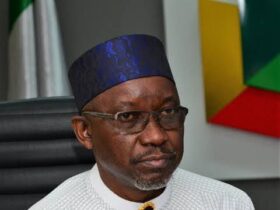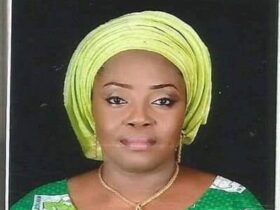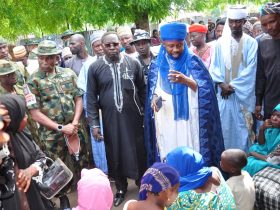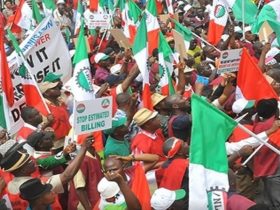Abuja Indigenes Seek Legal Action to Elect Governor and Senators Following Tribunal’s Equality Ruling
The inhabitants of the Federal Capital Territory (FCT) are gearing up for a legal battle to demand their right to elect a governor, three Senators, House of Representatives members, and State House of Assembly representatives.
This decision comes as a response to the recent judgment passed by the Presidential Petition Tribunal Court, which declared that Abuja no longer holds a special status compared to other states.
The announcement of this legal move was made by Daniel Bwala, the former spokesperson of Atiku Abubakar’s Presidential Campaign Organization. He took to his verified X account (formerly known as Twitter) to cite the tribunal’s ruling, which has put Abuja on an equal footing with other states.
In his tweet, he stated, “Following the Presidential Election Petition Court’s judgment, which states that Abuja is just like any other state, I am hearing that the natives of Abuja are approaching the court for an order mandating the Federal Government to allow them to produce their Governor and 3 Senators, amongst other peculiarities of a state. What is good for Guinea is also good for Uganda.”
This legal action stems from the recent ruling by the Presidential Election Petitions Tribunal, which determined that the Federal Capital Territory (FCT) no longer enjoys any special privileges compared to the other 36 states of the federation concerning the mandatory 25% vote requirement in the presidential election held on February 25.
The tribunal’s ruling, delivered on Wednesday, strongly emphasizes that the FCT stands on equal ground with all other states in this regard. It denounced the Labour Party’s interpretation of Section 134(2)(b) of the constitution as “completely fallacious, if not outrightly ridiculous.”
Section 134(1) and (2) of the 1999 Constitution of Nigeria (as amended) stipulates that in a presidential election involving multiple candidates, the winning candidate must secure a majority of the total votes cast and obtain at least 25% of the vote in at least two-thirds of the 36 States and the Federal Capital Territory (FCT) to be declared the duly elected President of Nigeria.









Leave a Reply